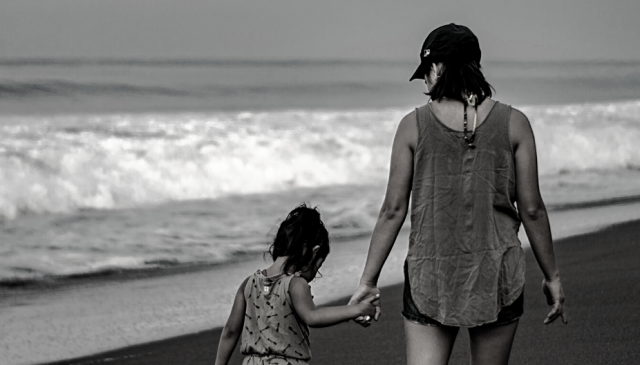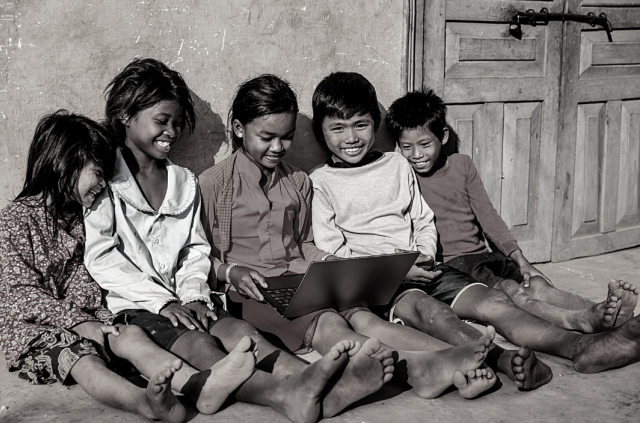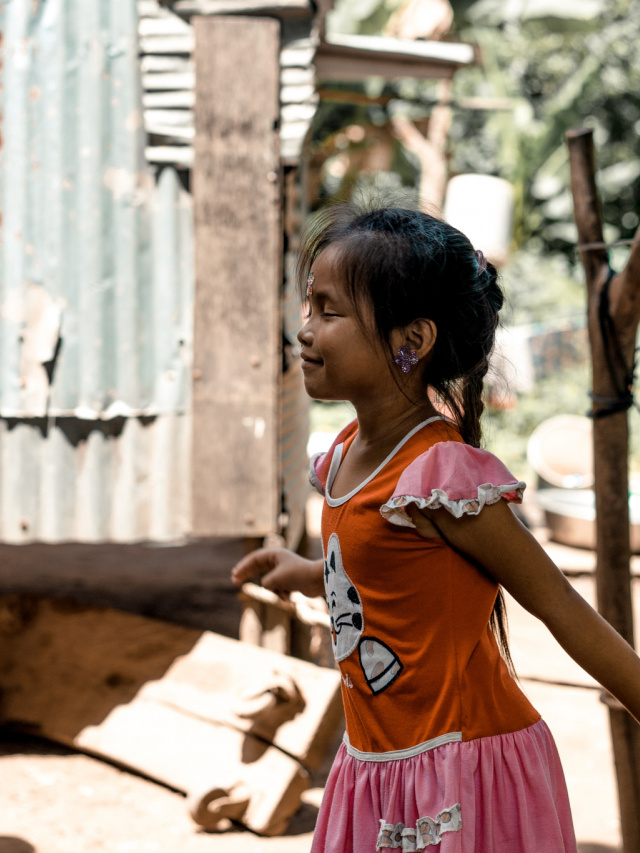

We are so thankful for your support.
Thanks to you, we are able to support Cambodia’s A21 Child Advocacy Center to protect young victims of human trafficking and child exploitation. In 2020 we supported 32 survivors through the center!
What is the child advocacy center?
The A21 Child Advocacy Center creates a safe environment for vulnerable children to speak to a trained forensic interviewer about their abuse. The interviews are recorded to reduce the number of times a child needs to be re-interviewed. The Center offers counselling, therapy, and social service support to potential victims of human trafficking and child- exploitation.
Law enforcement, government officials and for other non-for-profit organisations come together for the protection of children, and the successful prosecution of traffickers. Our partners have been providing training to local authorities on the best practice for working with trafficking survivors throughout the justice system to strengthen the capacity and sustainability of the Child Advocacy Center.

Why Cambodia?
The Child Advocacy Center operations expanded to Siem Reap in 2019 due to the vulnerabilities of living in Cambodia. Its lower-middle-income status and close proximity to wealthier nations makes Cambodia a destination country for all forms of human trafficking. Children in Cambodia are often trafficked for forced labor, forced begging, forced marriage and sex slavery. Due to the lack of employment opportunities throughout the country, many citizens must travel abroad for work which creates a greater susceptibility for trafficking.
The program
The Child Advocacy Center program developed significantly throughout 2020. The program consists of three sections;
1). Collaborative Rescue Operations - the child victims are rescued and brought into safe environments through law enforcement operations. In a secure environment, the children receive food, clothing, shelter and protection.
2). Child-Friendly Forensic Interviewing and Victim Identification Screening - social workers conduct interviews with potential victims in a manner that takes into consideration the child-development stages. The forensic interviews are then used as court evidence against the abuser to ensure the Childs protection from future exploitation.
3). Restoration - Social workers work directly with child survivors to provide them with resources that help them heal from their past trauma.
The social workers at the center develop individually tailored care plans according to each child's needs and goals to ensure their restoration process is positive and effective. Some include education sponsorship, safe accommodation, housing through foster care and dental and medical support.
We’re so proud to support a program that aims to restore the dignity of exploited children, ensuring they feel safe and receive the care they need.
Thank you for helping us help her!
